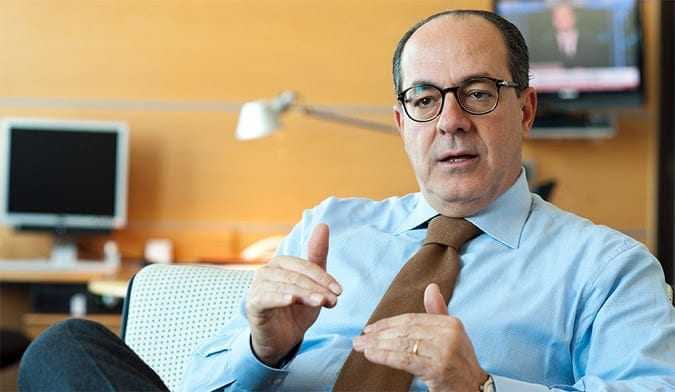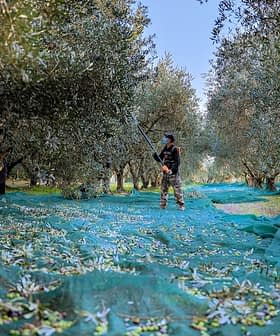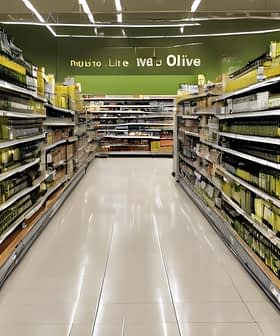
Agriculture Committee Chairman Paolo De Castro (Photo: European Parliament archive)
“Do more to tackle olive oil fraud, but consult consumers first” was the message Members of the European Parliament delivered to European Union Agriculture Commissioner Dacian Cioloş yesterday, according to an informal summary of their debate prepared by the Committee on Agriculture and Rural Development.
Held a week after Cioloş aborted a plan to ban refillable olive oil bottles from restaurant tables, views both favoring and criticizing that move were aired during the committee meeting.
Several Members of the European Parliament (MEPs), including Spain’s María Auxiliadora Correa Zamora, accused the Commission of “allowing fraudulent use of olive oil.” Iratxe García Pérez, also from Spain, suggested some member states applied “double standards” in terms of increasing transparency and consumer awareness of products such as meat and olive oil, the summary said.
Meanwhile, United Kingdom MEP George Lyon — “echoed by many others” was said to have praised Cioloş for his u‑turn. The Commission had “failed to explain” the proposed ban and consumers and restaurant owners had not understood it, he said.
Olive oil merits special attention
Most of the MEPs nevertheless agreed that olive oil deserves special attention and measures to increase transparency and consumer protection are reasonable. But they argued for better consultation with consumer groups and restaurant owners, and proper explanation for the wider public, the summary said.
Cioloş promises in-depth debate in coming months
Cioloş said that for two years now there had been discussion of measures to strengthen the olive oil sector and spur high quality production while also promoting transparency and increasing consumer protection.
“He also pointed out that the ban, which aimed to ensure that restaurants put only good quality olive oil on their tables, was supported by 15 out of 27 member states.”
But he acknowledged the Commission had not “made enough effort to get in touch with consumer organizations and restaurants.”
An “in-depth debate” — particularly with restaurants and consumers — would be held in coming months. This would be designed to align proposed measures to their needs in order to reach a “broadly accepted” decision.
Parliament wants more say on Commission agriculture and consumer protection moves
Agriculture committee chairman, Italian MEP Paolo De Castro, said the recent olive oil issue was an example of one in which the Parliament “could have helped” but due to the comitology system — a process allowing modification of E.U. law within committees chaired by the Commission — “we were only able to learn about it from newspapers.”
Provisions to oblige the Commission to consult Parliament when adopting such decisions in the future are part of ongoing negotiations on the final shape of the future E.U. farm policy, the summary said.








